New publications
10 healthiest foods for children
Last reviewed: 01.07.2025

All iLive content is medically reviewed or fact checked to ensure as much factual accuracy as possible.
We have strict sourcing guidelines and only link to reputable media sites, academic research institutions and, whenever possible, medically peer reviewed studies. Note that the numbers in parentheses ([1], [2], etc.) are clickable links to these studies.
If you feel that any of our content is inaccurate, out-of-date, or otherwise questionable, please select it and press Ctrl + Enter.
Balanced and healthy nutrition of a child is one of the most important and crucial tasks of parents. Of course, getting a child to eat is not an easy task, because sometimes he doesn’t eat, sometimes he doesn’t want to, in general, the child has many more excuses in his arsenal. But having dealt with one problem, a second one may arise – is the child eating properly, does he get all the necessary nutrients, vitamins and minerals from the foods he eats?
Web2Health presents the top 10 most useful products for children.
Salmon
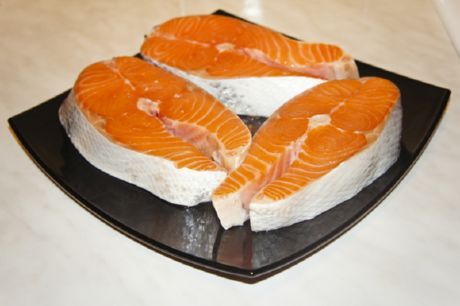
Omega-3 fatty acids contained in fatty sea salmon have a positive effect on a child's cognitive abilities. Sandwiches with stewed or fried salmon together with lettuce leaves and other vegetables will be a tasty and healthy lunch for a schoolchild.
Eggs
Eggs are a source of choline, which improves the process of memorizing information. In addition, vitamin D, which is also present in eggs, is especially useful in winter, when the sun does not often spoil us with its rays. Eggs also contain B vitamins, zinc and vitamin E.
Peanut
Peanuts contain vitamin E, which has an antioxidant effect and protects the nerve membranes located in the brain. It is unlikely that children will refuse to gnaw on nuts, especially since salads with peanuts will be more attractive to a child.
Whole grain products
The human brain needs glucose to function properly, and whole grain foods contain glucose and fiber. The latter controls how much glucose enters the blood.
Oatmeal
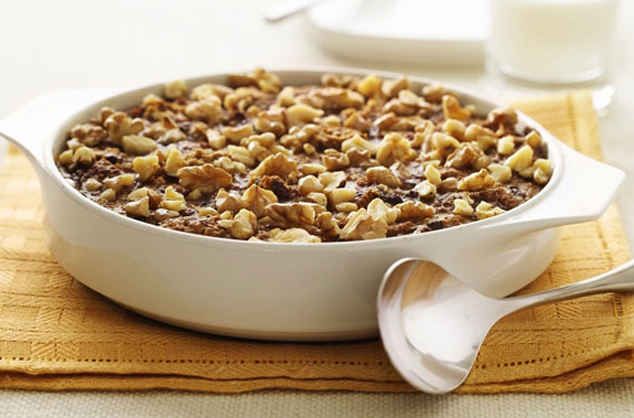
The best breakfast for children is, of course, oatmeal. This porridge contains vitamins B, E, zinc and sodium - one of the most important minerals necessary for the normal functioning of the body. These microelements and vitamins will help children realize their intellectual potential to the fullest.
Berries
Blackberries, cherries, strawberries, raspberries, blueberries and other berries will not only please you with their juiciness and bright tastes, but can also prevent cancer, so parents can join their children and also eat berries. Research by scientists shows that blueberries and strawberries improve memory, and the seeds of strawberries, raspberries and blackberries contain omega-3 fatty acids.
Legumes
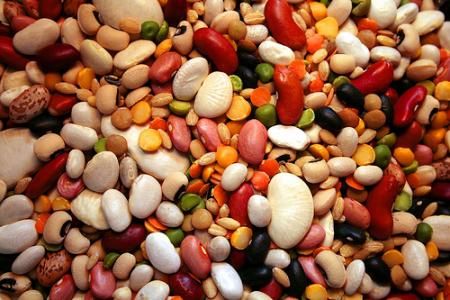
Peas, lentils, beans and chickpeas contain complex carbohydrates, protein and fiber, as well as minerals and vitamins.
 [ 5 ]
[ 5 ]
Dairy products
An important component of brain tissue growth, enzyme and neurotransmitter formation are B vitamins and protein, which are found in dairy products. It is better not to buy sweet yogurts for children, but to make a delicious dessert yourself using natural fruits and berries.
Meat
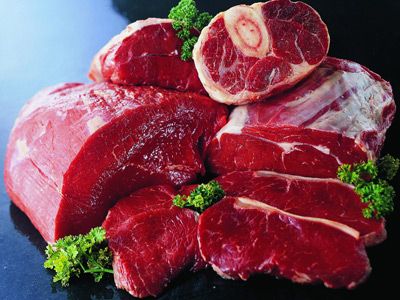
Of course, meat is another essential product that must be present in a child's diet. And the best source of zinc and iron is beef. Choose lean pieces and be sure to add vegetable salads to meat dishes, because tomatoes and bell peppers contain vitamin C, which helps the body absorb iron better.
Colorful vegetables
Broccoli, corn, tomatoes, pumpkin, carrots, spinach, eggplant and bell peppers are sources of antioxidants, which are responsible for cell regeneration.
